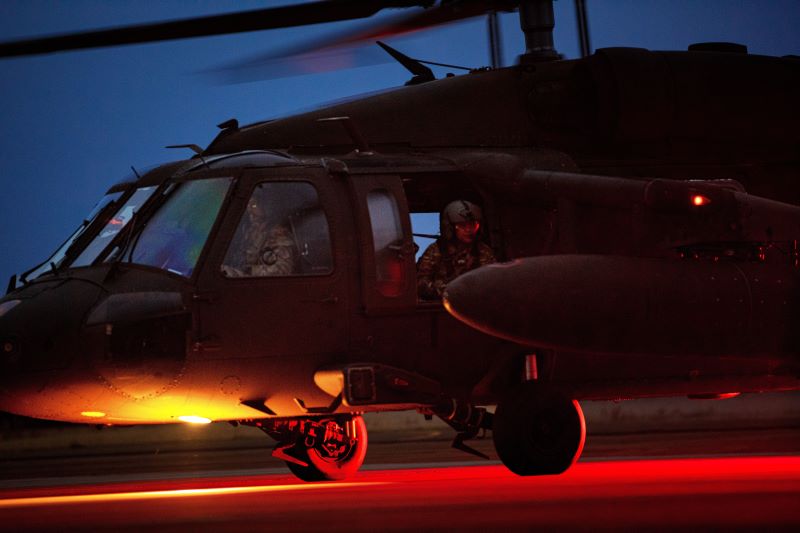US and Australia sign first-ever virtual training cyber agreement

As part of the Dept. of Defense’s efforts to sharpen lethality, reform business practices, and strengthen partnerships in cyberspace, the United States and Australia have launched a first-ever agreement to continuously develop a virtual cyber training range together, U.S. Cyber Command announced December 4.
Both nations recently signed a Cyber Training Capabilities Project Arrangement, November 3– this bilateral, international agreement enables U.S. Cyber Command to incorporate Australian Defence Force feedback into USCYBERCOM’s simulated training domain, the Persistent Cyber Training Environment.
The PCTE is a cyber training platform for real-world defensive missions across boundaries and networks; its shared use and development will constantly evolve it and sharpen readiness in cyber tactics, techniques, and procedures.
“This project arrangement is a milestone for U.S.-Australian cooperation. It is the first cyber-only arrangement established between the U.S. Army and an allied nation, which highlights the value of Australia’s partnership in the simulated training domain,” said Elizabeth Wilson, the U.S. signatory and Deputy Assistant Secretary of the Army for Defense Exports and Cooperation. “To counter known and potential adversarial threats, the Army has recalibrated our strategic thinking; we’ve made smart decisions to refocus our efforts to invest in the new, emerging and smart technologies that will strengthen our ability to fight and win our nation’s wars.”
Previously, U.S. and allied cyber forces developed cyber training ranges for specific scenarios that would be used once, a process that could take months. Now, PCTE offers a collaborative training environment, enabling cyber forces around the world to develop and re-use already-existing content and train at the individual and group levels anytime.
“Australia and the U.S. have a strong history of working together to develop our cyber capabilities and train our people to fight and win in cyberspace,” said Australian Army Maj. Gen. Marcus Thompson, the Australian signatory and head of Information Warfare for the Australian Defence Force. “This arrangement will be an important part of the ADF’s training program, and we look forward to the mutual benefits it will bring.”
Partnerships in cyberspace are key to generating and sharing insights of threat actors, enabling mutual defense against cyber attacks, and conducting the operational training necessary to hold adversaries accountable in cyberspace– and such training platforms enable lethal cyber mission forces in defense of U.S. and allied interests.
“Agreements like this one are crucial to the efficiency of our joint modernization,” Wilson said. “They lay the framework for our mutual growth, allowing us to become stronger and more interoperable as allies.”
Source: U.S. Cyber Command







